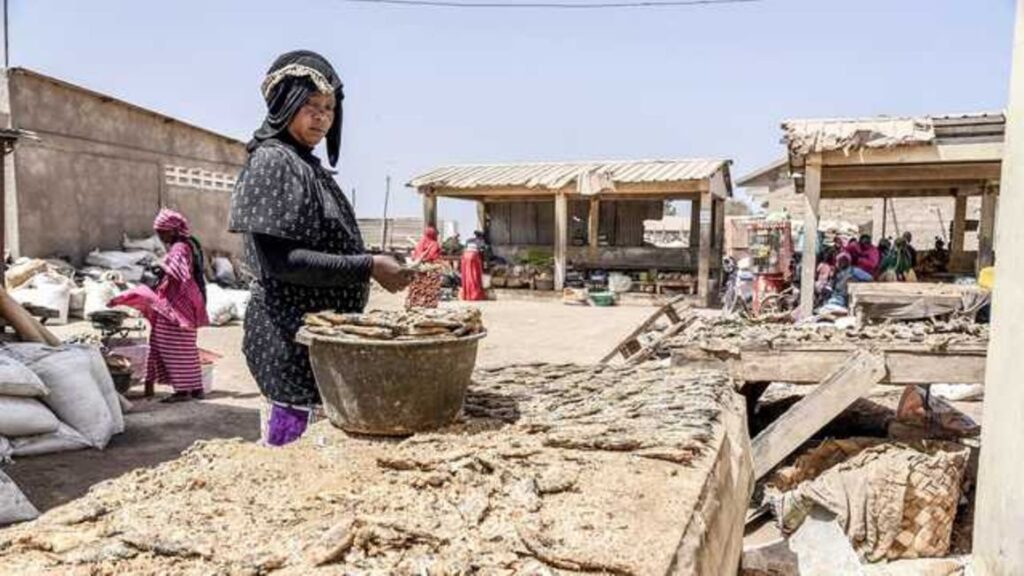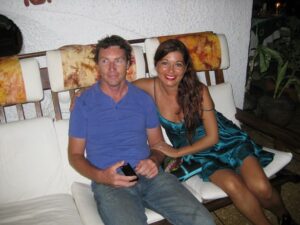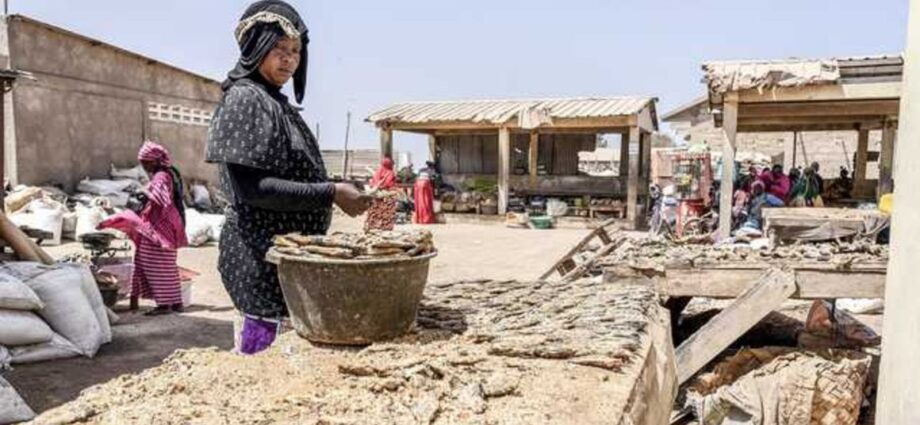By LUKE ANAMI
The economic prospects of the East African region remain in dire straits over the continual low exports amid inflation raising the cost of living.
A report by the UN Conference on Trade and Development (UNCTAD) says both developed and developing countries are staring at a recession following high inflationary rates that are likely to inflict worse damage than the 2020 pandemic.
A global recession will most likely affect EAC exports as well as exchange rates against the dollar, the Trade and Development Report 2022 says.
The report released last month warns that falling real wages, high cost of fuel, rising debt and excessive monetary tightening could usher in a period of stagnation and economic instability for many developing countries and some developed ones.
It says, rapid interest rate increases and fiscal tightening in advanced economies combined with the cascading crises resulting from the Covid pandemic and the war in Ukraine have already turned a global slowdown into a downturn with the desired soft landing looking unlikely.
UNCTAD expects the world economy to grow 2.5 percent in 2022, which is among the lowest growth ever reported in recent years.
“Today’s growth performance points to a troubling pattern. UNCTAD assessment is that the trend is worsening, with growth expected to decelerate further in 2023, to 2.2 per cent,” the UNCTAD 2022 report subtitled Development prospects in a fractured world: Global disorder and regional responses says.

“The estimated 2.5 per cent growth in 2022 is less than half the growth rate of 5.6 in 2021, when economic activity resumed after the sharpest recession in living memory.”
The report reveals that in the first phase of the Covid-19 pandemic, the demand for goods soared, and the demand for services collapsed.
Then, as countries eased their health-related restrictions on the economy, the demand for services recovered even as the demand for goods remained high.
“The two processes put upward pressure on both producer and consumer prices, even before the war in Ukraine, pushing inflation in advanced economies above established monetary targets and in many emerging and developing economies to a level not seen since the first Gulf War in the early 1990s,” the report reads in part.
Direct impacts
Furthermore, the growth deceleration in 2022 was expected, as countries used up their idle capacity once vaccine programmes were rolled out and lockdowns eased.
A Kenyan economist has warned that the impact is likely to be huge as it would affect the cost of living.
“Given that the region exports a huge number of items to other countries, such as tea to Pakistan and Egypt, coffee to the US, horticulture to Europe, the fact that these countries we export to are facing high inflation and therefore tighter budgets, we may see the demand for these products reduce,” said Ken Gichinga of Mentoria Economics.
“Export potential is likely to reduce because the demand in key destinations has reduced because people are being affected by inflation.”
This year’s interest rate hikes in the US are set to cut an estimated $360 billion of future income for developing countries (excluding China) and signal even more trouble ahead, the report warns.
GlobalData forecasts as well as the US department of Labour reveals that overall inflation rate in the US rose to 7.1 percent in December 2021, the highest in the past four decades.
Inflation is an upsurge in the level of prices of the goods and services in an economy, which leads to a decline in the purchasing power of the currency’s value.
Former Mandera Senator Billow Kerow warns that should world economies slide into recession, it will have a huge impact on EAC exports.
“If the global economy goes into recession, as it is likely to, particularly because of what is happening in Europe, then we have two major impacts for Kenya and the rest of East Africa. First, some exports mainly to Europe, particularly horticulture will reduce significantly,” said Kerow.
“Then also exports of tea, coffee and avocado will reduce because recession means demand will go down significantly.”
Some 90 developing countries have seen their currencies weaken against the dollar this year – over a third of them by more than 10 percent; forex reserves are falling, and bond spreads are widening, with a growing number posting yields 10 percentage points higher than US treasuries.
“The [ed: Kenyan] shilling will continue coming under pressure from the dollar. Already, it has depreciated against the dollar from Ksh117 (to $1) to Ksh128 if you buy bulk from the bank. The rate CBK is giving you at Ksh122 is just on paper,” Kerow said.
“There is still time to step back from the edge of recession,” UNCTAD Secretary-General Rebeca Grynspan said. “We have the tools to calm inflation and support all vulnerable groups. This is a matter of policy choices and political will. But the current action is hurting the most vulnerable, especially in developing countries and risks tipping the world into a global recession.”
Share this news
This Year’s Most Read News Stories

British Zanzibar Investor stuck in African island ‘hell hole’ prison
Simon Wood, a British Investor in Zanzibar is being held in a “hell hole” prison after being charged with money laundering by police on the paradise island of Zanzibar after he was arrested with his wife Francesca Scalfari. President of Zanzibar, Hussein Mwinyi, to recieve criticism for the couple’s detainment.Continue Reading

Juma Haji Duni: A legacy of resilience and leadership in Zanzibar politics
The recurring inefficiency among some contractors could lead the government to favour foreign firms, sparking criticism from stakeholders advocating for local participationContinue Reading

Fast Satellite Internet in Kenya by June
Elon Musk’s satellite Internet firm Starlink announced it will launch in Kenya in the second quarter of this year.Continue Reading











